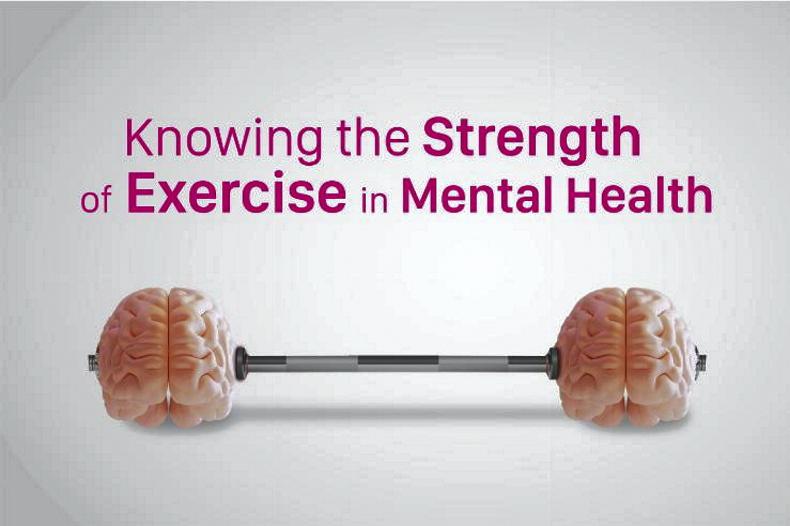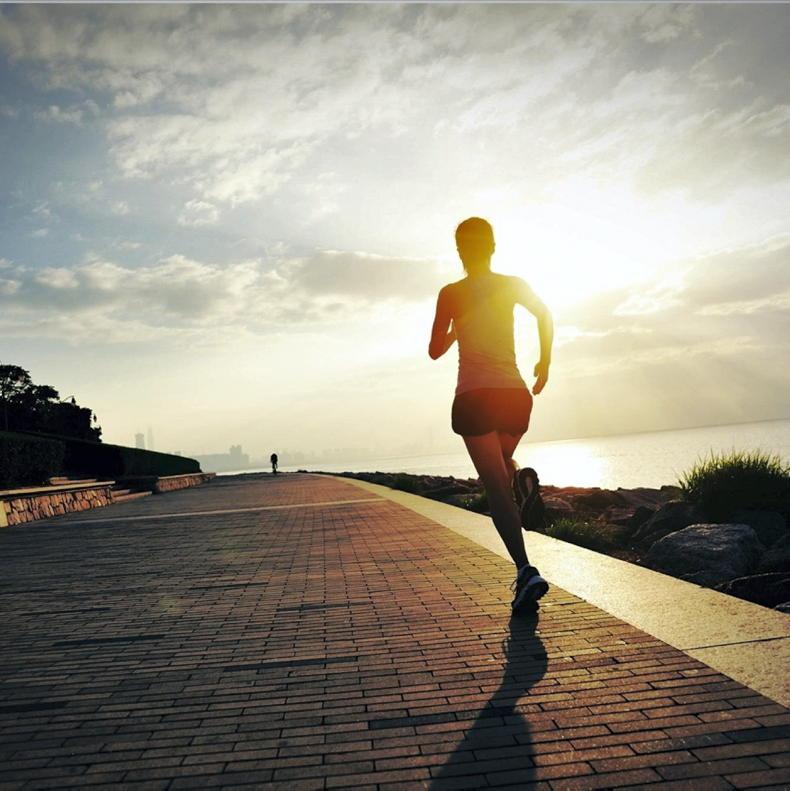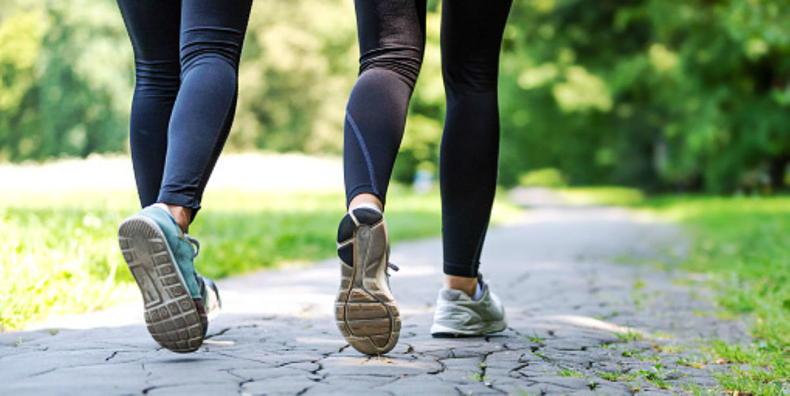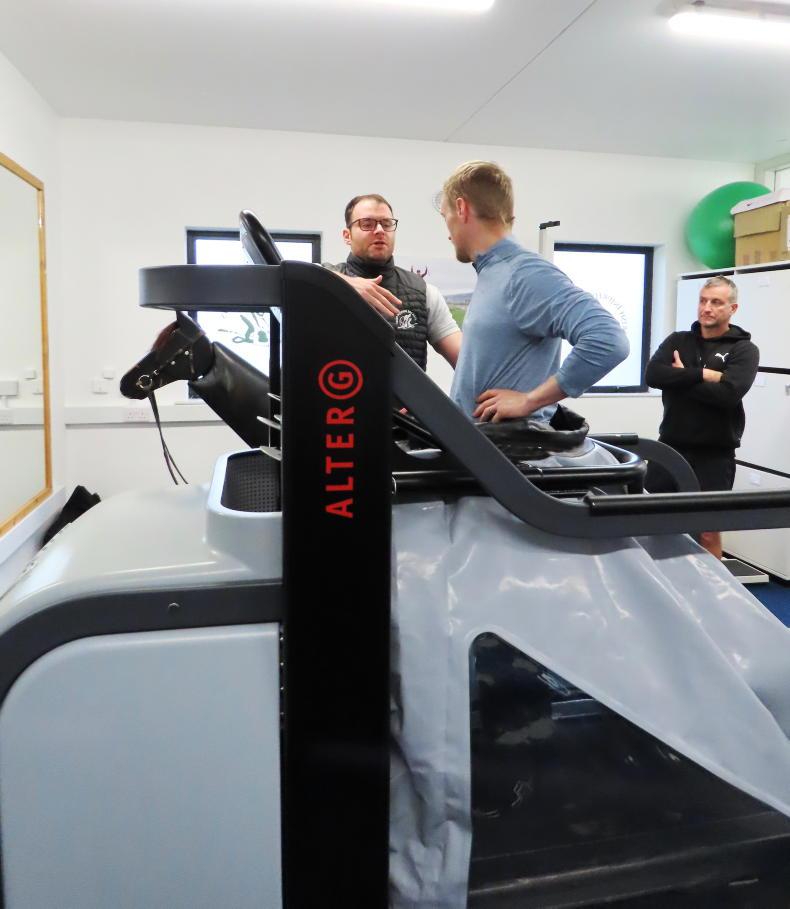AT a very basic level, physical activity means any movement of your body that uses your muscles and expends energy. One of the great things about physical activity is that there are endless possibilities and there will be an activity to suit almost everyone.
Recommended activity
It is recommended that the average adult should do between 75 and 150 minutes of exercise a week. This can be either moderate intensity exercise, such as walking, hiking or riding a bike, or it can be more vigorous activities, such as running, swimming, aerobics or skipping with a rope. Any activity that raises your heart rate, makes you breathe faster, and makes you feel warmer counts.
An easy way to look at types of physical activity is to put them into four separate categories. These activities can vary in intensity.
What is wellbeing?
Wellbeing is defined as ‘a positive physical, social and mental state’. For now we are focusing on mental wellbeing. Mental wellbeing does not have a single universal definition, but it does encompass factors such as:
Mental wellbeing does not mean being happy all the time, and does not mean that you won’t have negative or painful emotions which are a part of normal life. However, being physically active can help you to lead a mentally healthier life and can improve your wellbeing. Even a short burst of 10 minutes of brisk walking increases our mental alertness, energy and positive mood.
Participation in regular physical activity can increase self-esteem and reduce stress and anxiety. It also plays a role in preventing the development of mental health problems.
Impact on our mood
Physical activity has been shown to have a positive impact on our mood. A study asked people to rate their mood immediately after periods of physical activity (going for a walk or doing housework), and periods of inactivity (reading a book or watching television). Participants felt more content, more awake and calmer after being physically active compared to periods of inactivity. They also found that the effect of physical activity on mood was greatest when the mood was initially low.
Impact on our stress
When events make us feel threatened or upset our balance in some way, our body’s defences cut in and create a stress response, which may make us feel a variety of uncomfortable physical symptoms and make us behave differently. We may also experience emotions more intensely. The most common physical signs of stress include sleeping problems, sweating, and loss of appetite. Physical exercise can be very effective in relieving stress. Research has found that highly active individuals tend to have lower stress rates than less active individuals.
Impact on our self-esteem
Exercise not only has a positive impact on our physical health but can also increase our self-esteem. This is how we feel about ourselves and how we perceive our self-worth. It is a key indicator of our mental wellbeing and our ability to cope with life stressors. Physical activity has been shown to positively influence our self-esteem and self-worth.
Dementia and cognitive decline
The main symptom of dementia is memory loss, a progressive disease that results in people becoming more impaired over time. The decline in cognitive functions, such as attention and concentration, also occurs in older people, including those who do not develop dementia.
Physical activity has been identified as a protective factor in studies that examined risk factors for dementia. Studies show that there is approximately a 20% to 30% lower risk of depression and dementia for adults participating in daily physical activity.
Impact on depression and anxiety
Physical activity can be an alternative treatment for depression. It can be used as a standalone or combined with medication and/or psychological therapy. It has few side effects and does not have the stigma that some people mistakenly perceive to be attached to taking antidepressants or attending psychotherapy and counselling.
What to do
Adults should aim to be active daily and complete 2.5 hours of moderate intensity activity over a week, the equivalent of 30 minutes five times a week. There are a few points worth considering. Ask yourself whether you’d prefer being indoors or out, doing a group or individual activity, or trying a new sport.
Remember that going on a walk, doing housework, and gardening are all physical activities. Also, would you rather go it alone or do an activity with a friend? Social support is a great motivator, and sharing your experiences, goals, and achievements will help you to keep focus and enthusiasm.
What time do you have available for exercise? You may need to rejig commitments to make room for extra activities or choose something that fits into your busy schedule.
Adopting a more active lifestyle can be as simple as doing daily tasks more energetically or making small changes to your routine, such as walking up a flight of stairs, or taking regular walk-breaks in the garden.
If physical activity is new, it’s best to gradually build up your ability. There are many apps and social networks accessible for free to help.


 This is a subscriber-only article
This is a subscriber-only article
 It looks like you're browsing in private mode
It looks like you're browsing in private mode









SHARING OPTIONS: